Sudan's forgotten pyramids
Brutal civil war and widespread looting threatens the African nation's ancient heritage
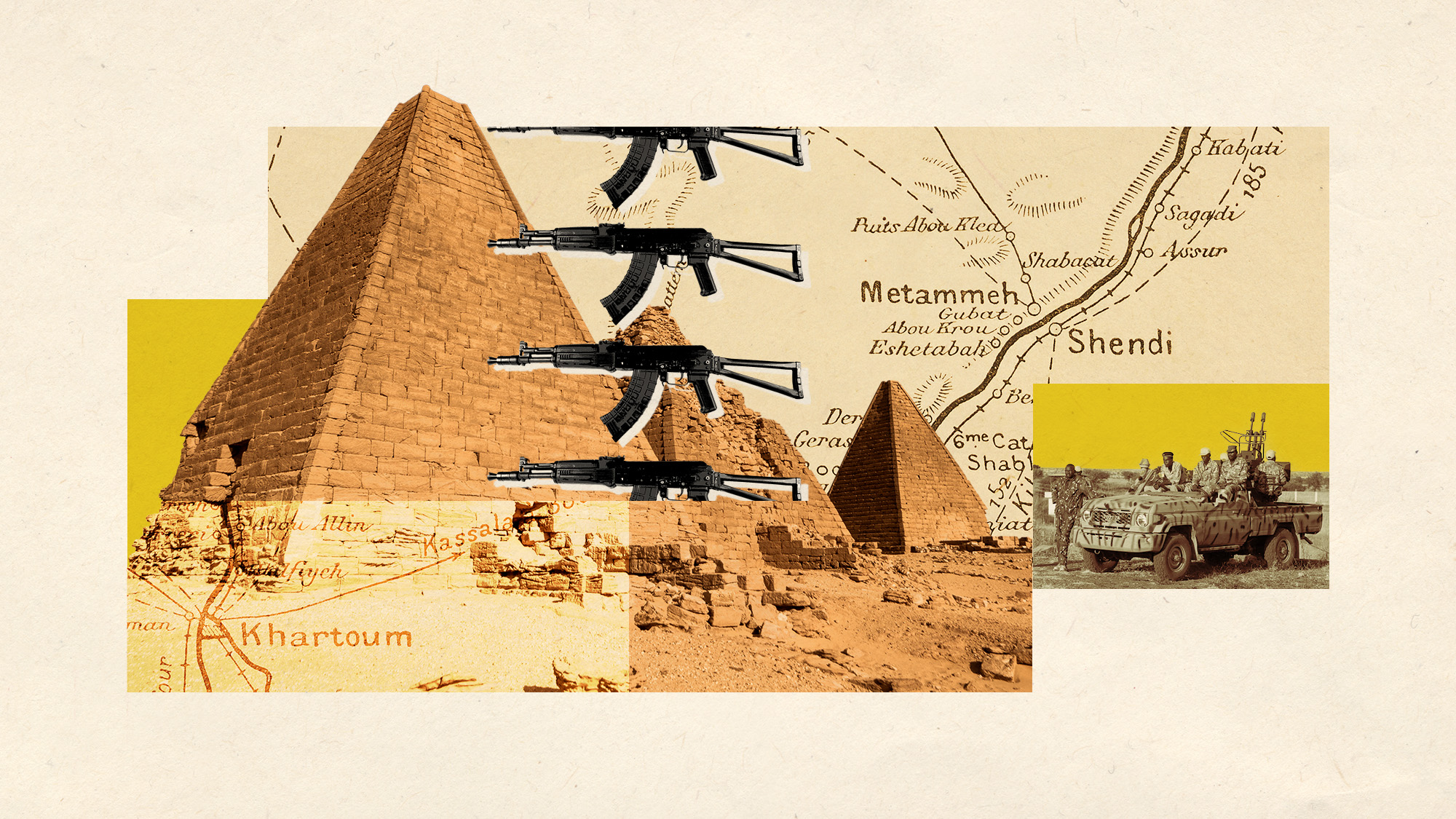
A free daily email with the biggest news stories of the day – and the best features from TheWeek.com
You are now subscribed
Your newsletter sign-up was successful
Sudan boasts even more pyramids than Egypt, but its treasured archaeological heritage is increasingly under threat from its brutal civil war.
Meroë, a city on the banks of the Nile and once the capital of the ancient kingdom of Kush, formerly "drew intrepid tourists to see the carvings and hieroglyphs housed in some of the 200 pyramids" built nearly 2,500 years ago, said the Financial Times. But since Sudan's civil war broke out last year, the site has been "deserted". The pyramids' sole caretaker, a woman named Fozia Khalid, is "the only person standing between some of Sudan's greatest art treasures and rampaging armies accused of looting priceless antiquities".
"The militias are not far," said Khalid, referring to the Rapid Support Forces (RSF), the paramilitary group locked in a power battle with the Sudanese Armed Forces (SAF). "I fear they may come and ravage centuries of history."
The Week
Escape your echo chamber. Get the facts behind the news, plus analysis from multiple perspectives.

Sign up for The Week's Free Newsletters
From our morning news briefing to a weekly Good News Newsletter, get the best of The Week delivered directly to your inbox.
From our morning news briefing to a weekly Good News Newsletter, get the best of The Week delivered directly to your inbox.
An amazing civilisation
"Today Sudan is a country that's synonymous with conflict," Zeinab Badawi, a Sudanese-British author and president of London's School of Oriental and African Studies, told the FT. "But in the ancient world it was the centre of an amazing civilisation."
Some of the earliest human settlements in Africa, dating as far back as 8,000BC, have been found in Sudan. The kingdom of Kush, which emerged around 1,070BC in present-day northern Sudan, was "a formidable entity which challenged the dominant powers of the time, including Egypt", said Mohamed Albdri Sliman Bashir, associate professor in archaeology at the University of Khartoum. "At its height, the Kushite Empire stretched from the confluence of the Nile rivers to the Mediterranean Sea," he wrote in an article on The Conversation. Kush, a "central player in the ancient world", was known for its distinctive pyramids at Meroë.
But by 300AD the Kush empire was "in decline", said The Independent. "Dwindling agriculture and increasing raids from Ethiopia and Rome spelled the end of their rule". Now war once again threatens Sudan's ancient history. Nearly 12 million people have been displaced and at least 60,000 killed, and hundreds of thousands more face famine. Much of Sudan's under-appreciated ancient heritage could be lost forever, Badawi said. "It breaks my heart. I can hardly even think about it."
'Unprecedented' looting
In September, Sudan's national broadcaster SBC reported that the National Museum of Sudan in Khartoum, considered one of the most important in Africa, had been targeted by a "large-scale looting and smuggling operation" by RSF soldiers.
A free daily email with the biggest news stories of the day – and the best features from TheWeek.com
"Tens of thousands of artefacts" were taken, an anonymous official from the institute told The Guardian, with many smuggled across Sudan's southern border. "When we learned about the looting, we didn't sleep for three or four days," the official said. "These artefacts are our identity, the identity of the Sudanese people. Can you imagine what it feels like to lose your identity? You lose your existence in this world."
But the RSF has repeatedly denied the accusations, saying that its members were "simply safeguarding cultural Khartoum", said ArtNews. That statement was "challenged" by the publication Middle East Eye, which published a video of RSF fighters "raiding" the bioarchaeology laboratory in the National Museum, including storage containers housing mummies dating to ancient Nubia. The SAF has also been accused of looting, according to Sudanese news website Dabanga.
Now locals say the RSF has forces less than 20km from the pyramids, wrote the FT, and RSF drones have been "shot down" not far from Meroë. The war is "destroying Sudan's future", but also "Sudan's past", said The Continent.
In September, Unesco warned that the "threat to [Sudan's] culture appears to have reached an unprecedented level". The UN's cultural heritage body has warned the world's art market not to purchase any cultural property from Sudan. "Any illegal sale or displacement of these cultural items would result in the disappearance of part of the Sudanese cultural identity and jeopardise the country’s recovery," said a statement in Artdependence Magazine.
Harriet Marsden is a senior staff writer and podcast panellist for The Week, covering world news and writing the weekly Global Digest newsletter. Before joining the site in 2023, she was a freelance journalist for seven years, working for The Guardian, The Times and The Independent among others, and regularly appearing on radio shows. In 2021, she was awarded the “journalist-at-large” fellowship by the Local Trust charity, and spent a year travelling independently to some of England’s most deprived areas to write about community activism. She has a master’s in international journalism from City University, and has also worked in Bolivia, Colombia and Spain.
-
 The environmental cost of GLP-1s
The environmental cost of GLP-1sThe explainer Producing the drugs is a dirty process
-
 Greenland’s capital becomes ground zero for the country’s diplomatic straits
Greenland’s capital becomes ground zero for the country’s diplomatic straitsIN THE SPOTLIGHT A flurry of new consular activity in Nuuk shows how important Greenland has become to Europeans’ anxiety about American imperialism
-
 ‘This is something that happens all too often’
‘This is something that happens all too often’Instant Opinion Opinion, comment and editorials of the day
-
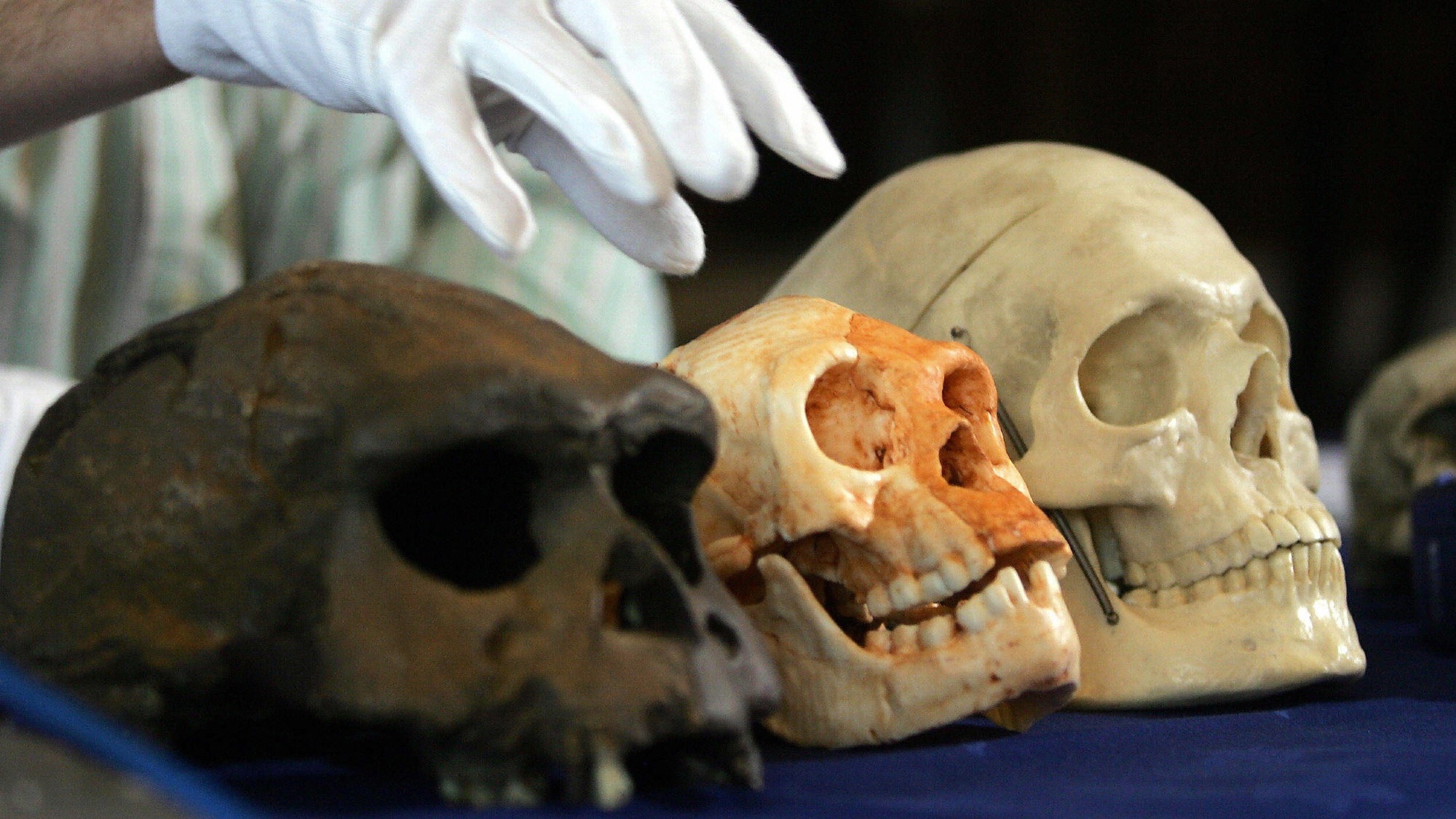 Homo floresiensis: Earth’s real-life ‘hobbits’
Homo floresiensis: Earth’s real-life ‘hobbits’Under the Radar New research suggests that ‘early human pioneers’ in Australia interbred with archaic species of hobbits at least 60,000 years ago
-
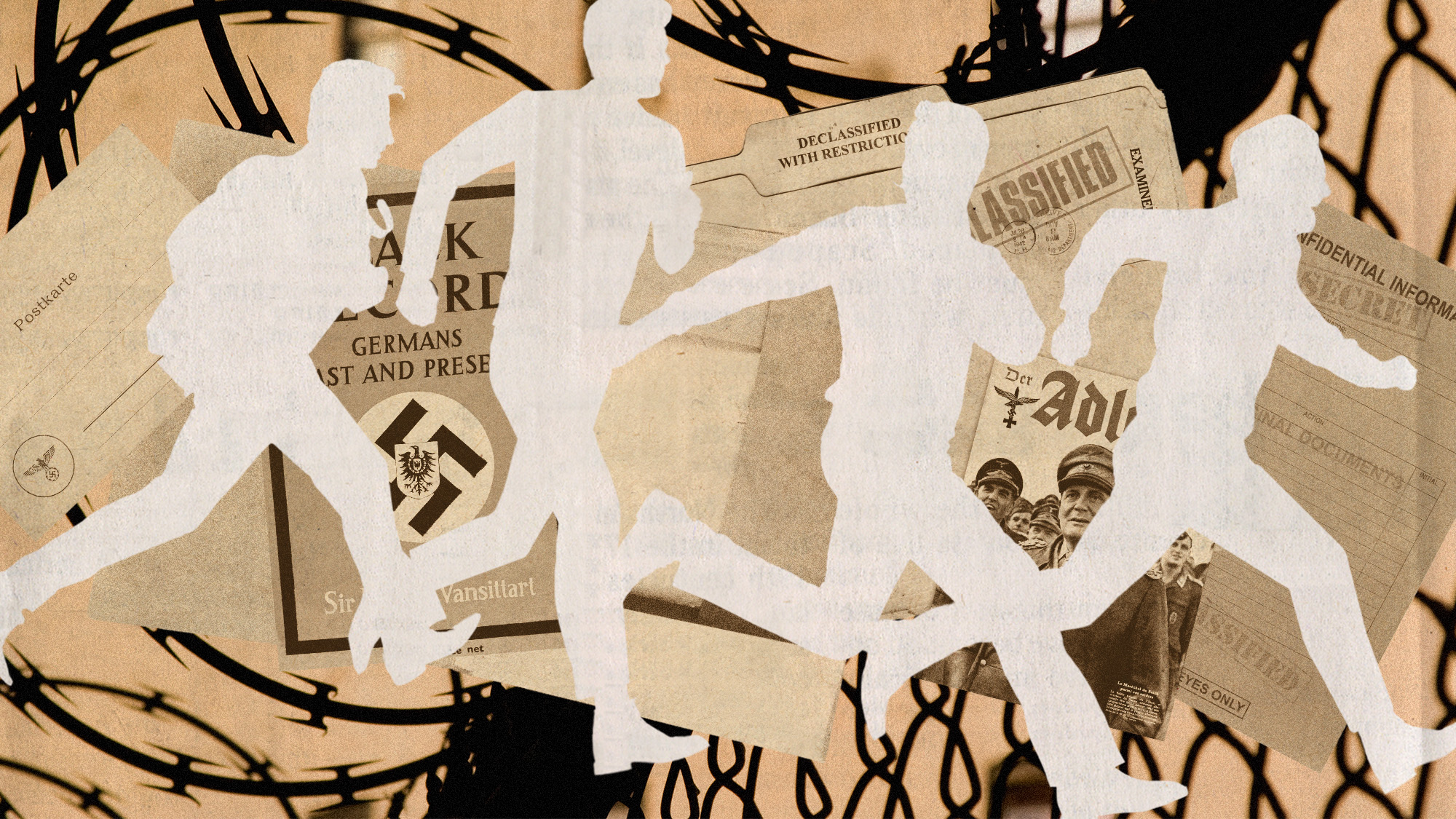 Argentina lifts veil on its past as a refuge for Nazis
Argentina lifts veil on its past as a refuge for NazisUnder the Radar President Javier Milei publishes documents detailing country's role as post-WW2 'haven' for Nazis, including Josef Mengele and Adolf Eichmann
-
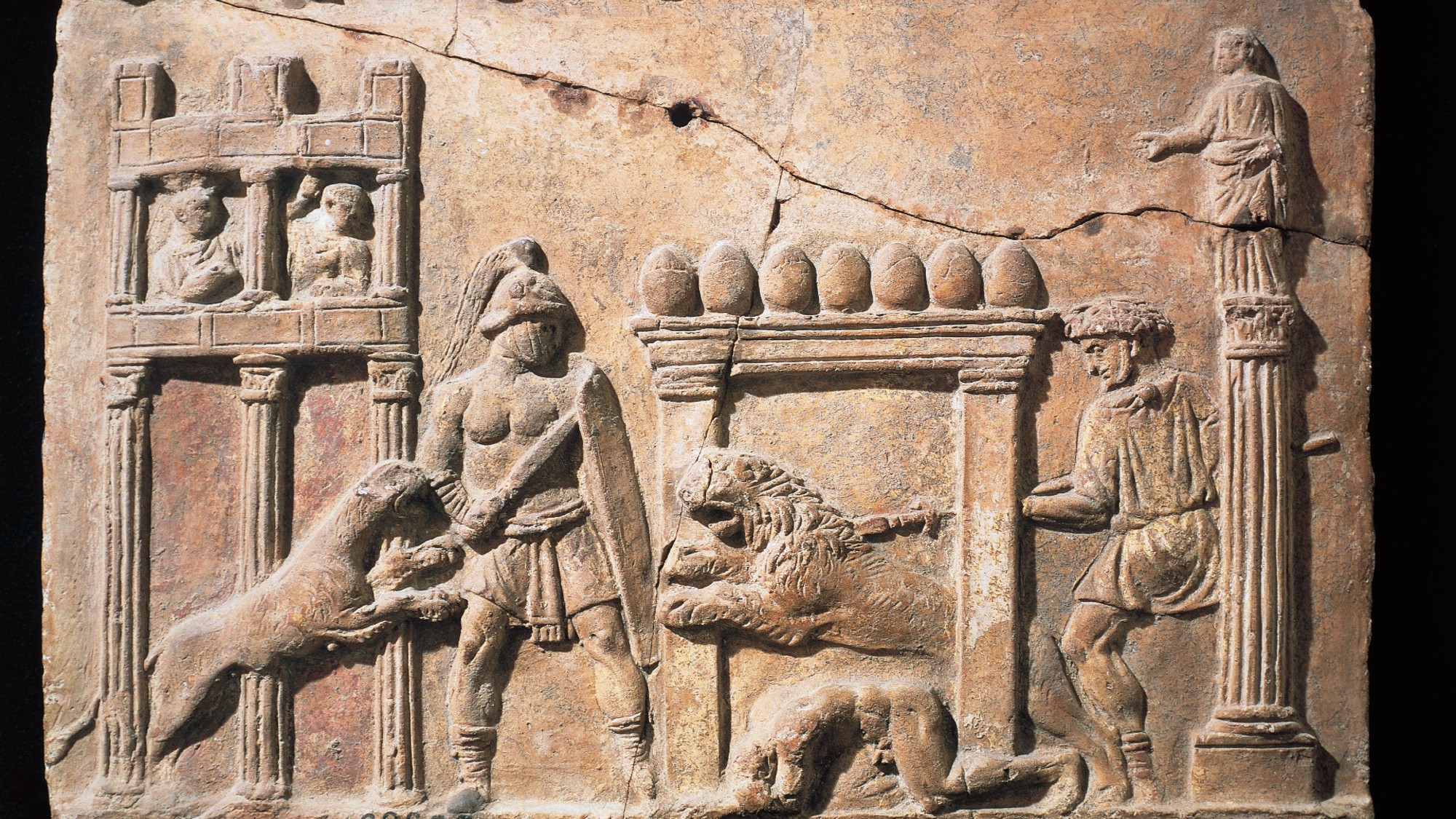 Scientists have found the first proof that ancient humans fought animals
Scientists have found the first proof that ancient humans fought animalsUnder the Radar A human skeleton definitively shows damage from a lion's bite
-
 When the U.S. invaded Canada
When the U.S. invaded CanadaFeature President Trump has talked of annexing our northern neighbor. We tried to do just that in the War of 1812.
-
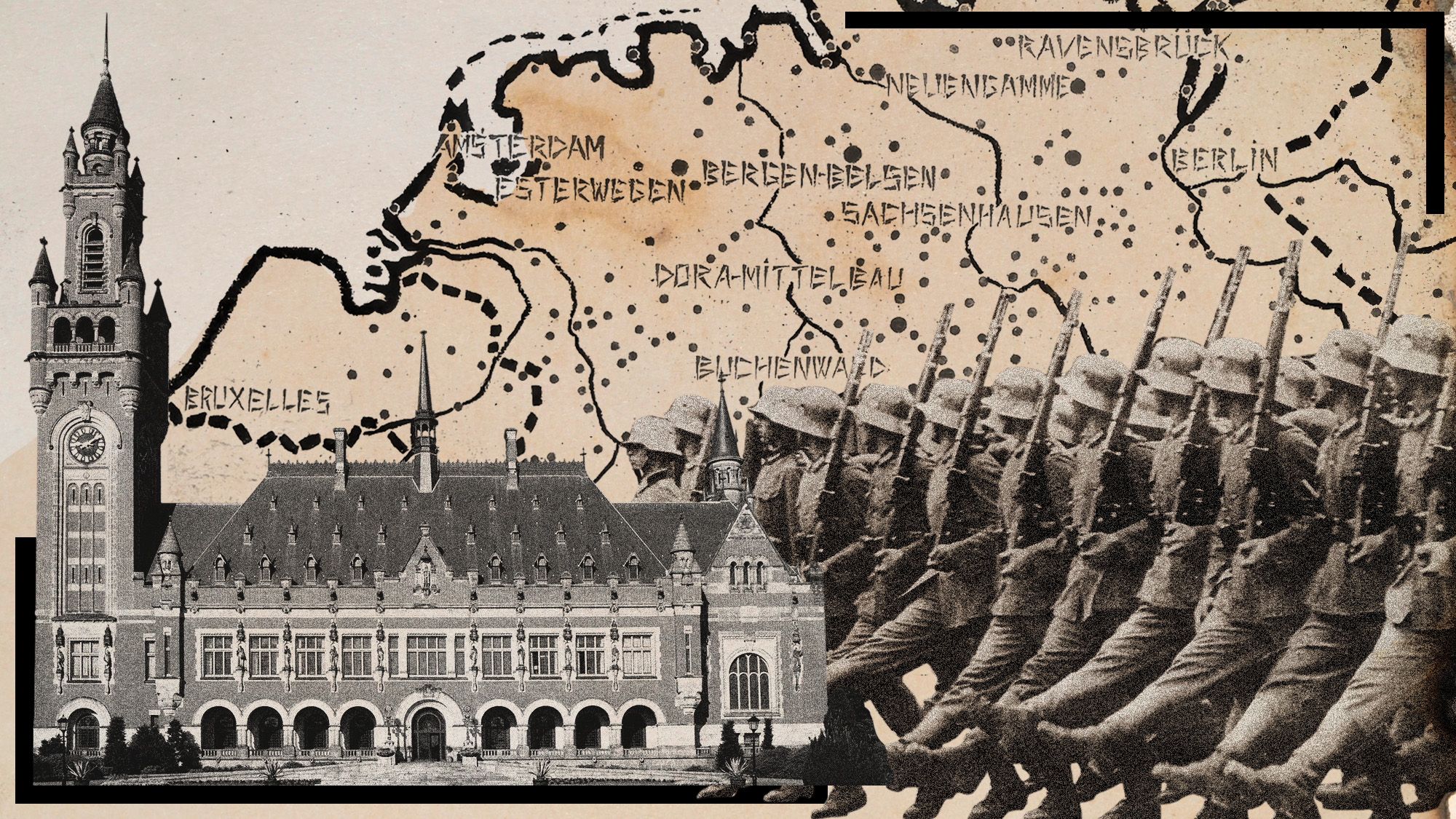 Newly publicized Dutch archives force families to confront accusations of Nazi collaboration
Newly publicized Dutch archives force families to confront accusations of Nazi collaborationUnder the Radar The archives were available to researchers but only recently became publicly accessible
-
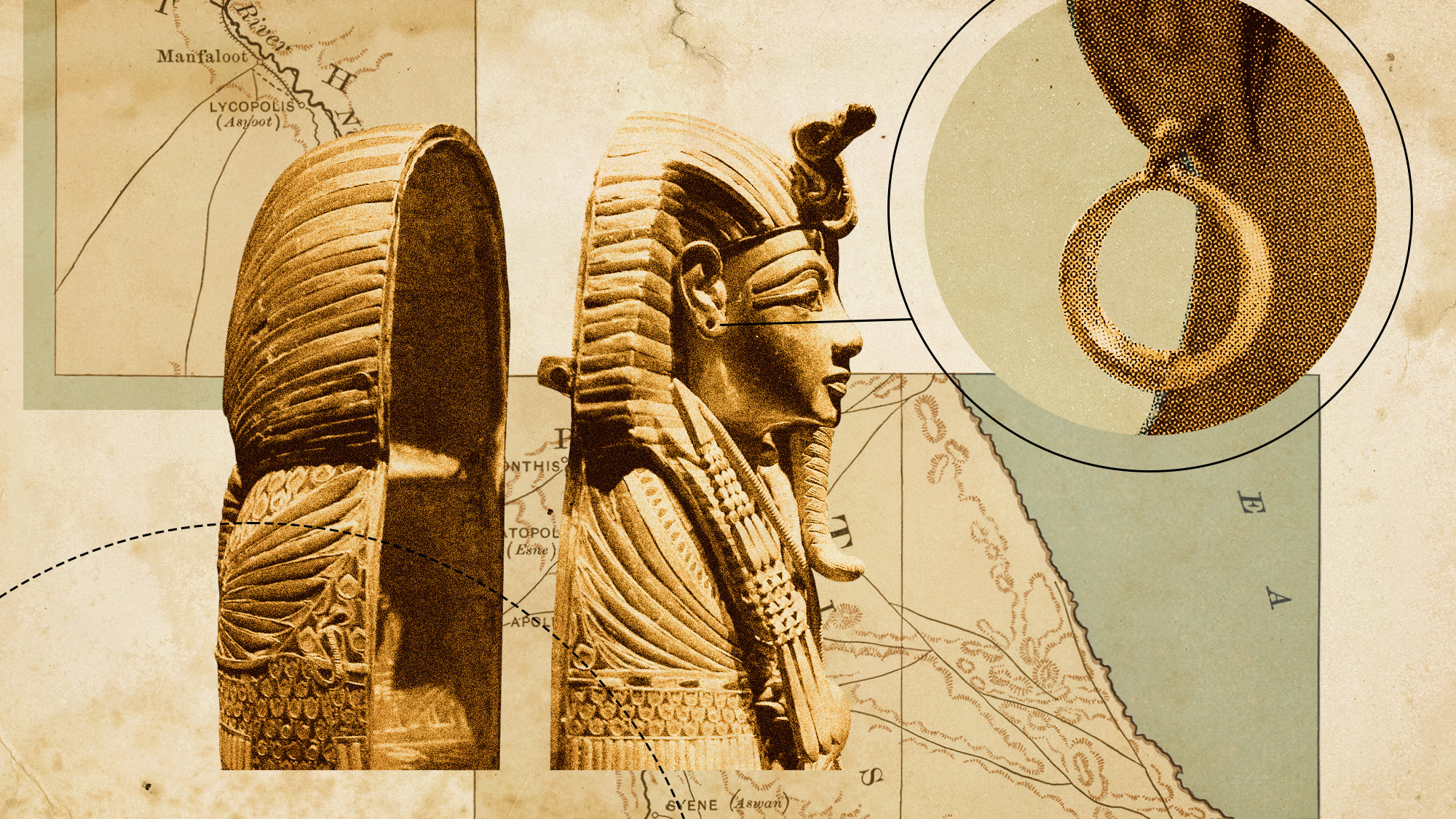 Tutankhamun: the mystery of the boy pharaoh's pierced ears
Tutankhamun: the mystery of the boy pharaoh's pierced earsUnder the Radar Researchers believe piercings suggest the iconic funerary mask may have been intended for a woman
-
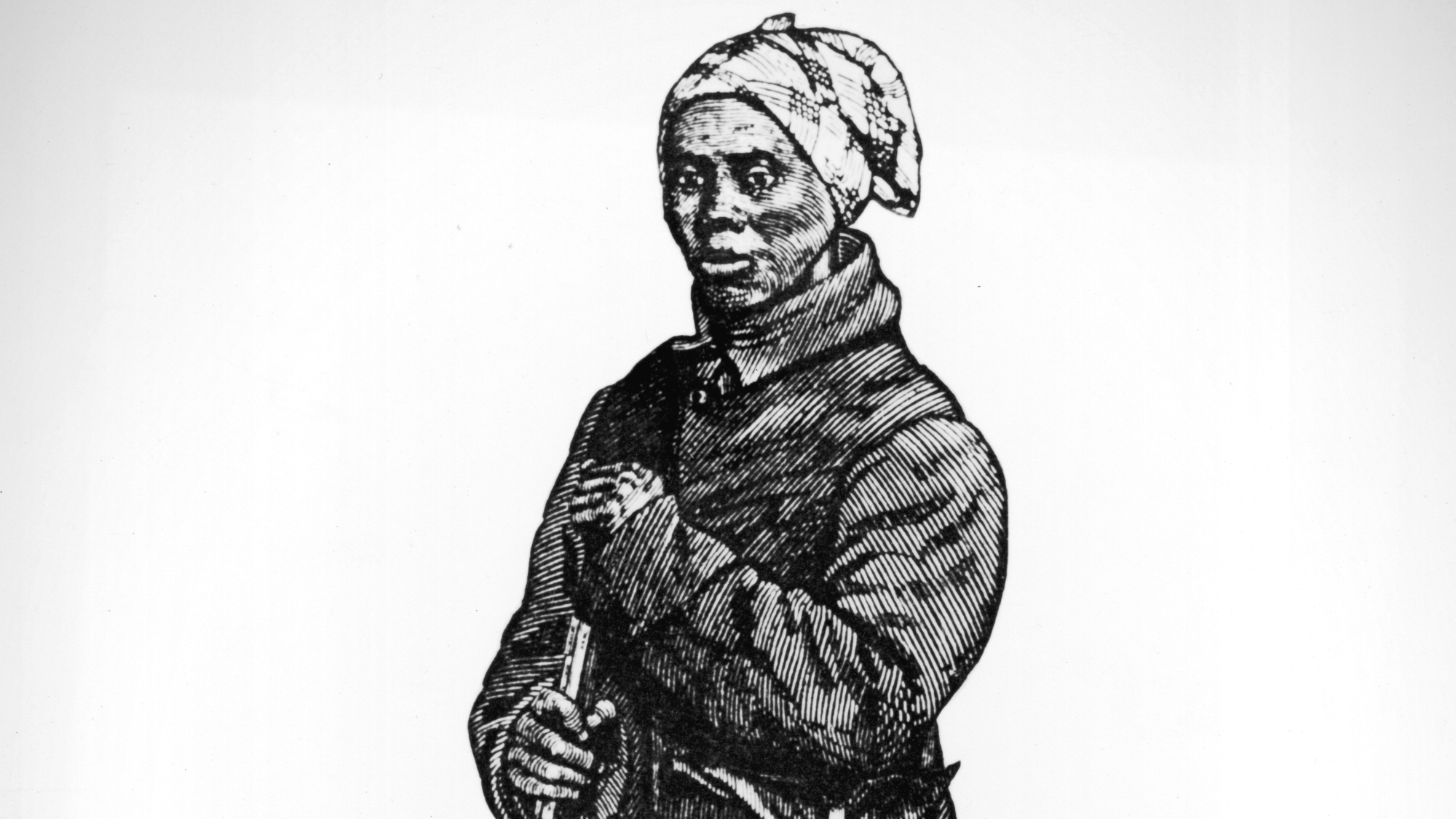 Harriet Tubman made a general 161 years after raid
Harriet Tubman made a general 161 years after raidSpeed Read She was the first woman to oversee an American military action during a time of war
-
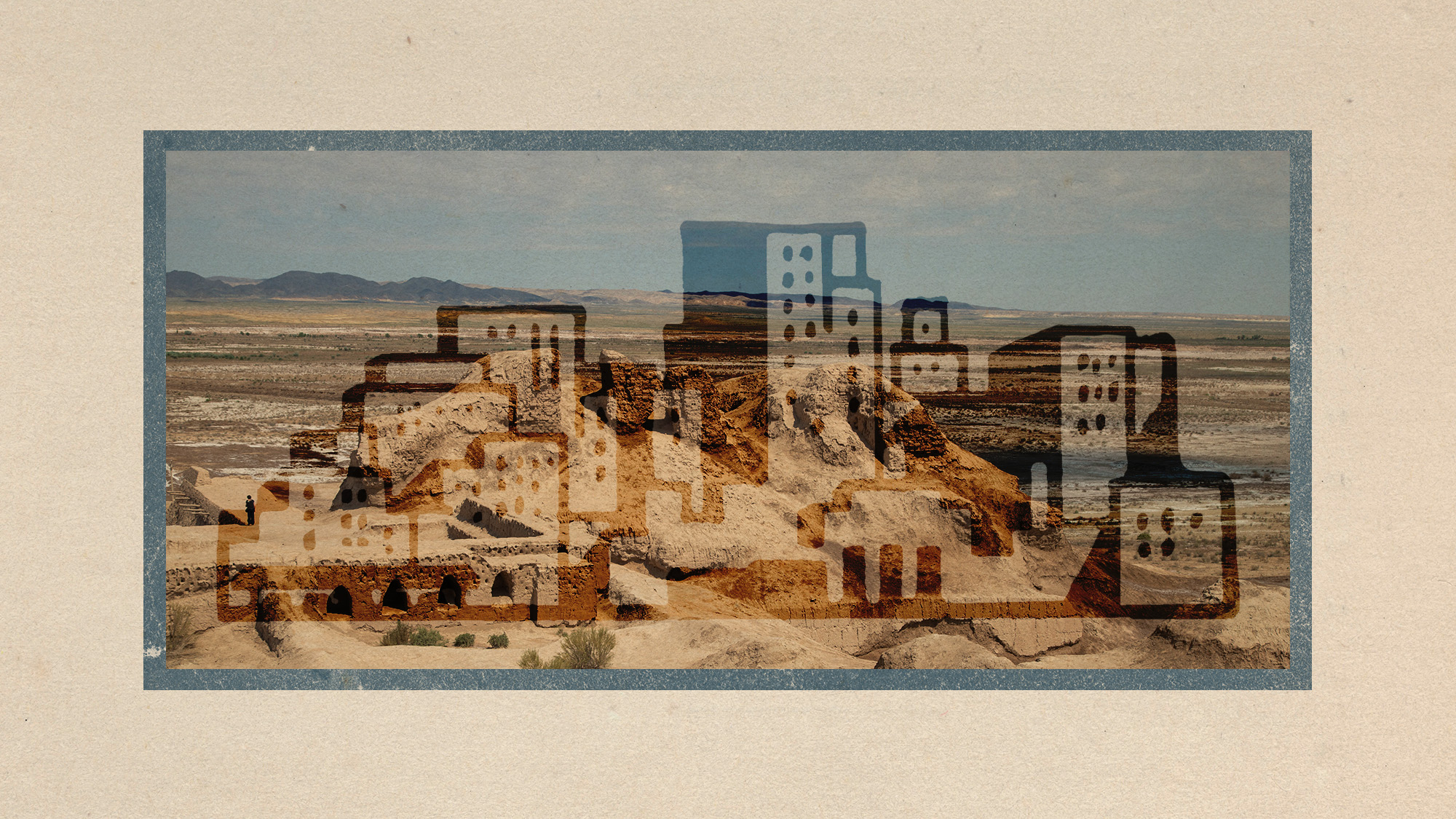 Two ancient cities have been discovered along the Silk Road
Two ancient cities have been discovered along the Silk RoadUnder the radar The discovery changed what was known about the old trade route